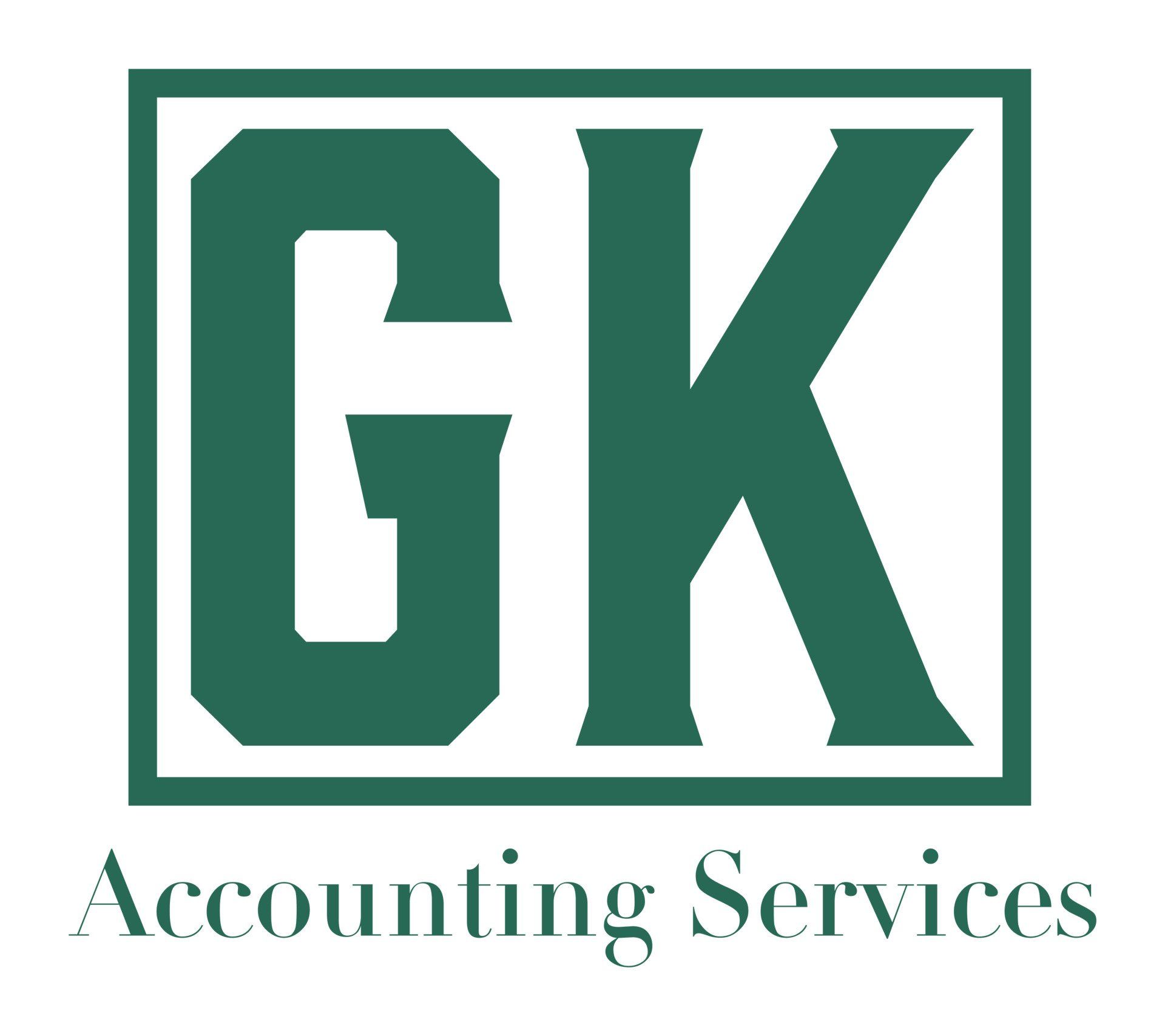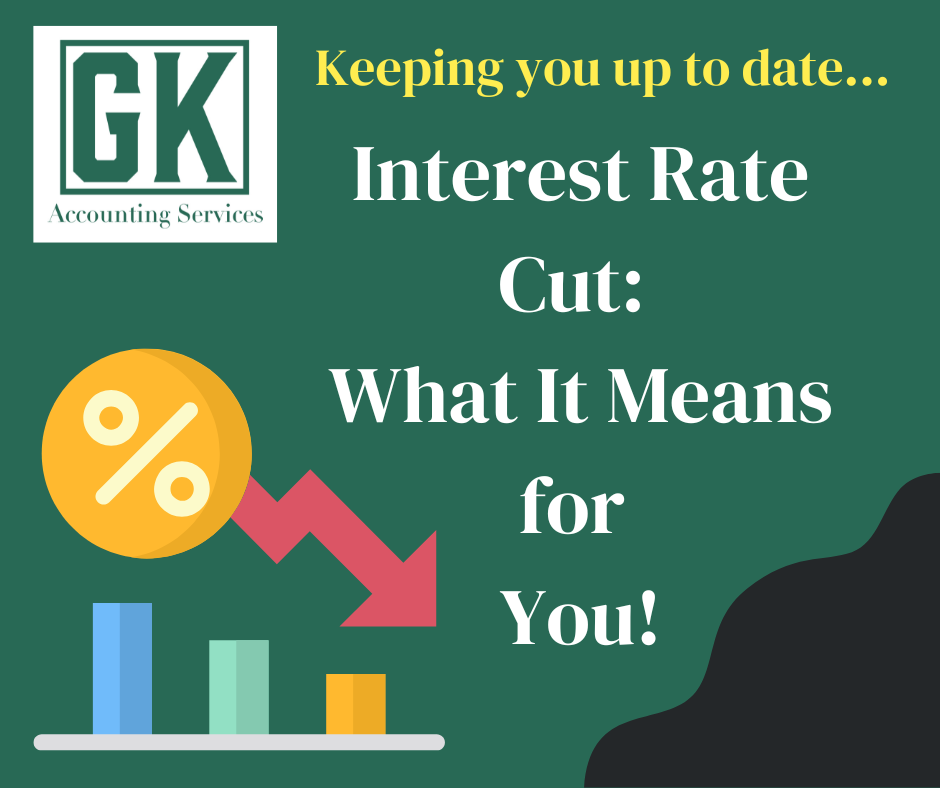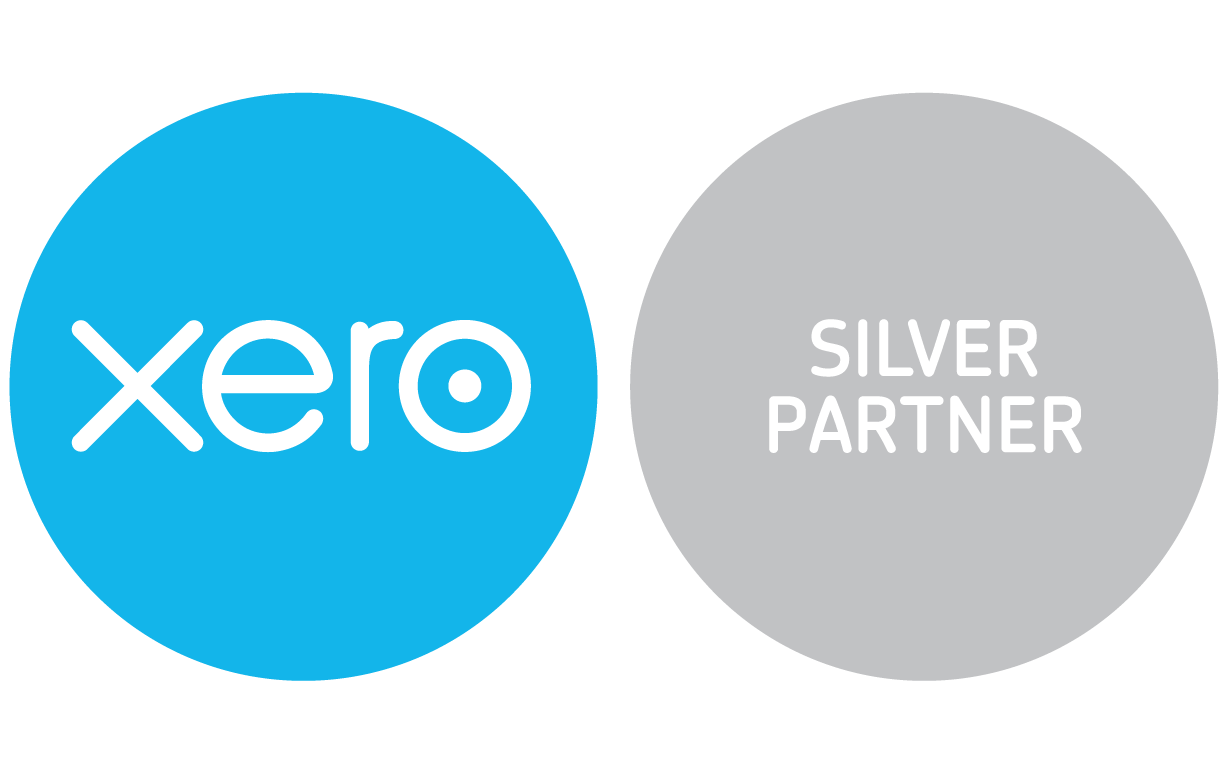31 January 2025: Self-Assessment Tax Return Deadline – What You Need to Know
31st of January 2025 - Don't forget it!
The Self-Assessment tax return deadline is a key date for many individuals and businesses in the UK. If you are self-employed, a freelancer, or have additional income sources that aren't taxed through PAYE (Pay As You Earn), you must file a Self-Assessment tax return. For the tax year ending 5 April 2024, the deadline to submit your online Self-Assessment return and pay any tax due is 31 January 2025. Missing this deadline can lead to fines and interest charges, so it's crucial to understand the importance of meeting it.
This guide will explain why the 31 January deadline is important, what you need to do to meet it, and how to avoid common pitfalls.
1. What is Self-Assessment?
Self-Assessment is a system used by HM Revenue and Customs (HMRC) to collect income tax. If you are self-employed, a partner in a business, or have additional income not covered by tax at source (e.g., rental income, dividends, or investments), you will need to complete a Self-Assessment tax return. This form reports your income, expenses, and the amount of tax you owe to HMRC.
The Self-Assessment process is also used by individuals who have income from multiple sources, such as directors of companies, those with income over £100,000, and people claiming certain tax reliefs. It is your responsibility to ensure your tax return is accurate and submitted on time.
2. Key Deadlines
For the tax year that runs from 6 April 2023 to 5 April 2024, the deadlines are as follows:
Paper Tax Returns: If you submit a paper Self-Assessment return, it must be filed by 31 October 2024.
Online Tax Returns: The deadline for submitting your online tax return and paying any tax due is 31 January 2025.
This means that 31 January 2025 is the final date to file your online tax return for the 2023/24 tax year, as well as pay any tax you owe. It's also the deadline for making any additional payments towards your next year's tax bill, known as Payments on Account.
3. What Happens if You Miss the Deadline?
Failing to submit your Self-Assessment tax return by the 31 January deadline can result in penalties and interest charges. Here’s a breakdown of the consequences:
Immediate £100 Fine: If you miss the 31 January deadline, HMRC will charge an automatic £100 penalty, even if you owe no tax or have paid the tax owed.
Additional Fines: If you still have not filed your return after 3 months, you will face additional penalties. After 6 months, further fines can apply, and if your return is still outstanding after 12 months, the penalty could reach £1,600.
Interest Charges: If you do not pay the tax due by 31 January 2025, HMRC will charge interest on the unpaid amount. Interest is calculated from 1 February 2025 at the rate set by HMRC.
To avoid these penalties, it’s essential to file your return on time and make sure your payment is processed by the deadline.
4. How to File Your Self-Assessment
The process of filing your Self-Assessment return can seem daunting, but HMRC’s online service is relatively straightforward if you keep organised records. Here’s how to file:
Register for Self-Assessment: If you haven’t filed a return before, you need to register with HMRC. This process can take several weeks, so be sure to do this well in advance of the 31 January deadline.
Gather Your Information: You will need to collect all relevant information about your income and expenses, including:
Details of any self-employed income (if applicable).
Income from investments, savings, or pensions.
Information about rental income (if applicable).
Any tax reliefs you’re entitled to claim (e.g., charitable donations).
Log in to HMRC Online Services: Once registered, you can log in to your HMRC online account to complete your tax return. You will be asked to provide information about your income and deductions.
Submit Your Tax Return: After completing your return, carefully review all entries for accuracy and submit it online.
Pay Your Tax: Once your return is submitted, you will be informed of the tax owed. You must pay any tax due by the 31 January deadline. HMRC offers several payment methods, including online payments, bank transfers, or via cheque.
5. Payments on Account
For many taxpayers, the 31 January deadline also marks the due date for Payments on Account. These are advance payments towards your next year’s tax bill, based on your previous year’s income. You are required to make two payments on account each year: one by 31 January and another by 31 July.
If you have a significant tax liability from the previous year, these payments can be substantial. If your income has dropped in the current year, you can request to reduce the payments on account. However, if you do not pay your Payments on Account by the deadline, HMRC will charge interest and penalties.
6. What If You Need More Time?
If you cannot meet the 31 January deadline for submitting your Self-Assessment return or paying your tax, you may be able to apply for an extension or make a payment plan with HMRC. However, these requests are only granted in specific circumstances, such as serious illness or unexpected circumstances. It’s important to contact HMRC as soon as possible if you believe you won’t meet the deadline.
If you know you will be unable to submit your return by 31 January, it is best to act early and apply for time to pay or seek professional advice to avoid penalties.
7. How an Accountant Can Help
Filing a Self-Assessment tax return can be complex, especially if you have multiple income sources or need to claim various deductions and reliefs. An accountant can help ensure that your return is accurate, complete, and filed on time. They can also assist in calculating the tax owed, managing payments on account, and offering advice on tax planning to minimise your tax liability.
If you’re unsure about the process or want to avoid costly mistakes, hiring an accountant or tax adviser is a smart move. They can also represent you in case of any disputes or issues with HMRC.
8. Conclusion
The 31 January 2025 deadline for Self-Assessment tax returns is an important date for anyone with income outside of PAYE. Filing your tax return and paying any tax due by this deadline will help you avoid penalties, interest charges, and potential stress. To ensure you’re fully prepared:
Register for Self-Assessment in good time.
Gather your income and expense details well in advance.
File your return and make your payment by 31 January 2025.
Seek professional help if you’re unsure or need assistance with complex tax matters.
By staying organised and meeting the deadline, you can ensure that your Self-Assessment is completed smoothly and avoid any unwanted surprises from HMRC.





